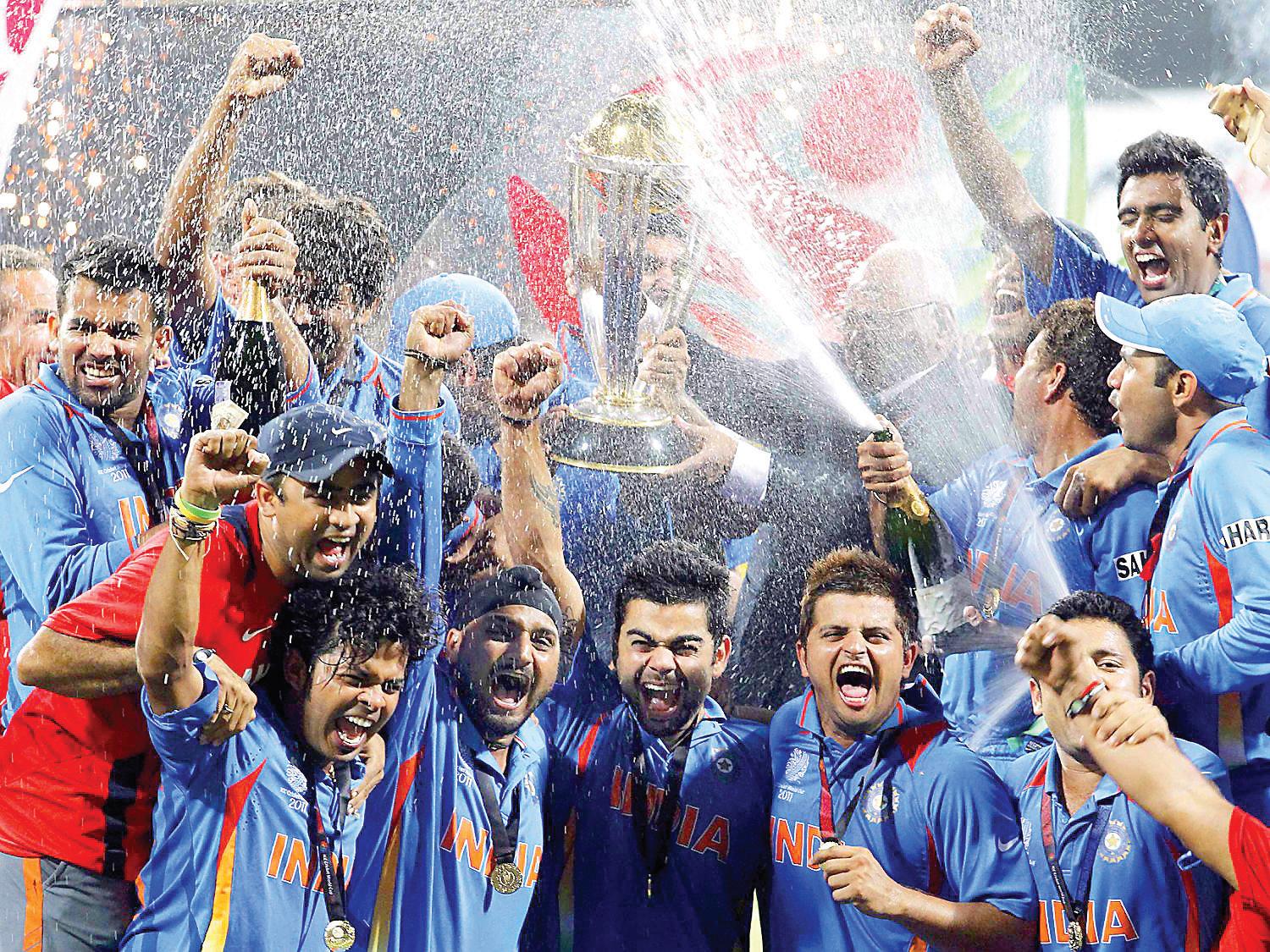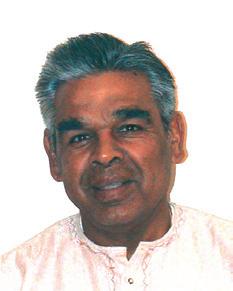
2 minute read
Lessons to be learned from the cricket champions
from 2011-04 Sydney (2)
by Indian Link
The passion for cricket in India should be channelled to inculcate discipline and dedication in youngsters
BY MALLI IYER
“The world at our feet” screamed the headlines in The Times of India

Anand Mahindra, Managing Director of Mahindra and Mahindra, was quoted as saying, “Indians were in a national kind of mood …. Can it have a disproportionate impact on people’s sense of self and general well-being and confidence? I think yes.” significantly to building an environment of trust. The harmony exuded and aided by cricket needs to be expanded to trust amongst neighbours, and put to use to promote trade and cultural relations. harmony exuded and aided by cricket needs to be expanded to trust amongst neighbours, and put to use to promote trade and cultural relations.
After all, a majority of the 138 million households with a television set were tuned in, not to mention the total audience of well over a billion cricket enthusiasts all over the world. While nobody grudges a nation enjoying the euphoria of winning the World Cup, we need to take heed of this opportunity to analyse the factors that helped India reach this pinnacle in the world of cricket.
From the inaugural ceremony in Dhaka to the final in Mumbai, the World Cup was a sterling example of solidarity, with the game of cricket acting as a wonderful unifying factor behind all of this. In India, cricket has acquired a new dimension with top industrialists, movie moguls of Bollywood and leading lights from the social, religious and cultural world coming together to claim their share of the limelight that cricket enjoys.
Scams, decline in foreign investment, lack of decorum in Parliament and unethical practices in public and private sectors have negatively impacted the morale of the people in India. One hopes that lessons from the game of cricket will act as a pin prick to the conscience of our leaders, bureaucrats, politicians and captains of industry.
We should make use of the motivational power that led to this success. The Indian cricket team was helped by a brains trust that spared no effort in creating, financing and executing a plan that was conceived over 12 months ago. The coaching aspects took care of everything from physical and mental conditioning to rigorous practice and application of playing techniques that toughened our players and improved their self belief. The players of the team were themselves completely focussed on their respective roles at every step. The triumph was an illustration of what can be achieved with cooperation, clear focus and discipline.

Cricket diplomacy is not new to the subcontinent. It can soothe bruised relationships. Pakistani Prime Minister Yousuf Raza Gilani and Sri Lankan President Mahinda Rajapaksa were invited to be seated alongside Prime Minister Manmohan Singh and President Pratibha Patil in the semi-final and final respectively. Cricket can contribute

Here in Australia we are familiar with the cliche used every year during the Melbourne Cup, “the race that stops the nation.” This could well be extrapolated to cricket in India, given that its influence on the masses is unmatched and unparalleled.
During the winter months in India, every suburb in every city has ‘backyard’ or ‘street cricket’ in progress. It is played on railway tracks, in bus shelters, on the beach, even on rooftops and in stairways. A slum dwelling kid is as passionate as the flannelled private school student undergoing professional coaching. This nationwide spirit and devotion to cricket needs to be channelled to inculcate greater discipline and dedication in the youth and the authorities concerned should take cognisance of the realities.
The game of cricket has moved beyond being a spare time occupation or a mere sport: it is an industry that has the potential to take a nation like India to the forefront on a global canvas.









